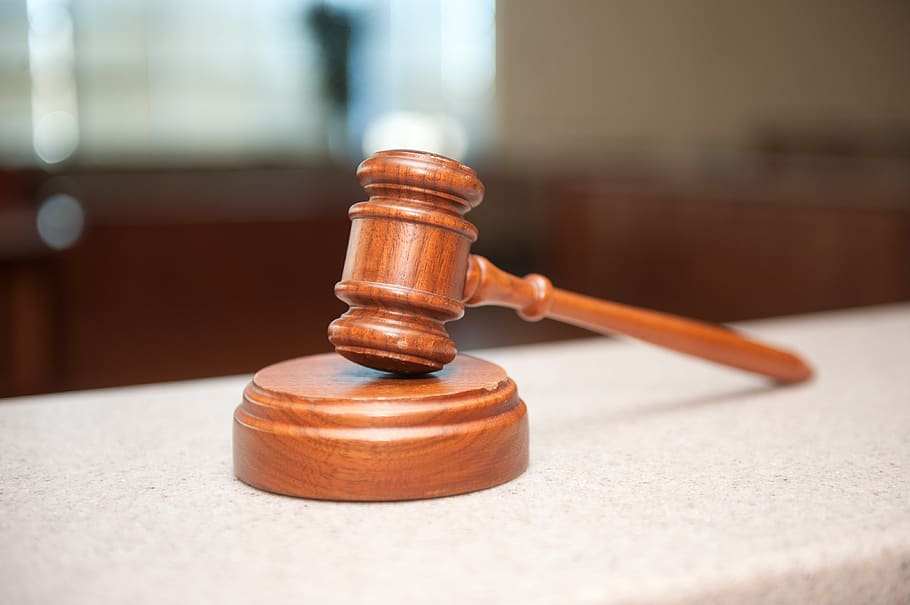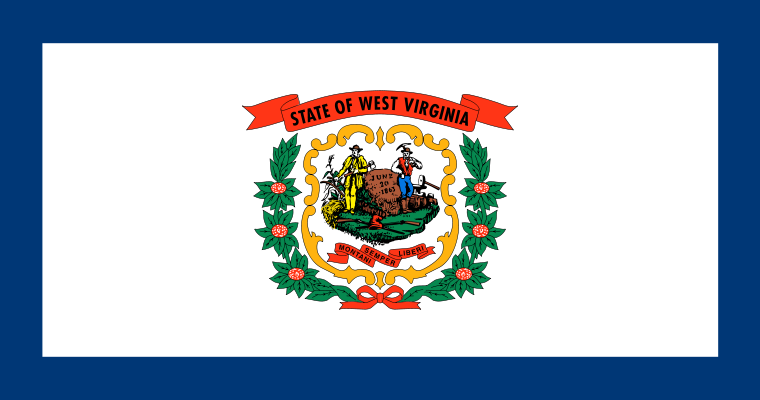Tag: west virginia
-
Tennessee and Wyoming passed anti-red flag law legislation in 2024

New laws in Tennessee and Wyoming passed this year prohibiting the use of extreme risk protection orders (ERPOs), also known as red flag laws. They are the third and fourth states to adopt such laws after Oklahoma did so in 2020 and West Virginia in 2021. ERPOs authorize individuals, typically a family member or law…
-
John B. McCuskey (R) defeated Mike Stuart (R) in the Republican primary for Attorney General of West Virginia

John B. McCuskey (R) won the Republican primary for West Virginia Attorney General on May 14, 2024. McCuskey defeated Mike Stuart (R) 60.2% to 39.8%. Incumbent Patrick Morrisey (R) ran for governor, leaving the office open. Both McCuskey and Stuart ran on their record in elected office. Both candidates said they would prioritize suing the…
-
Jim Justice (R) defeated six other candidates in the Republican primary for U.S. Senate in West Virginia

Jim Justice (R) won the Republican primary for U.S. Senate in West Virginia on May 14, 2024. Justice received 61.8% of the vote. Alexander Mooney (R) finished in second place with 26.6%. Bryan Bird (R), Zane Lawhorn (R), Don Lindsay (R), Bryan McKinney (R), and Janet McNulty (R) also ran in the primary. Justice and…
-
West Virginia adds four banks to restricted institution list over ESG policies

West Virginia Treasurer Riley Moore (R) announced April 8 that four large banks and financial services firms—Citigroup, TD Bank, HSBC, and The Northern Trust Company—were ineligible to do business with the state under a 2022 state law prohibiting contracts with businesses that boycott fossil fuel companies. The announcement came after Moore sent a letter to…
-
Fewer candidates and contested state legislative primaries in West Virginia this year compared to average

There are 49 contested state legislative primaries in West Virginia in 2024, the fewest since 2014. On average, there were 58 contested primaries each election year from 2014-2022. One contributing factor was the limited number of Democratic primaries (four) this cycle. From 2014-2022, there was an average of 22.2 contested Democratic primaries in each cycle.…
-
West Virginia bill to maintain weekly unemployment insurance benefit amounts and change taxable wages becomes law without governor’s signature (2024)

West Virginia Senate Bill 841 became law without the governor’s signature on Mar. 27, changing the wage base on which employers pay state unemployment insurance taxes to the first $9,500 of employees’ wages. It also froze the maximum weekly benefit amount for workers at $662. The law will take effect Jan. 9, 2025. The enacted…
-
Moore Capito, Patrick Morrisey, Chris Miller, and Mac Warner are running in the Republican primary election for Governor of West Virginia

Moore Capito (R), Patrick Morrisey (R), Chris Miller (R), and Mac Warner (R) are running in the Republican primary election for Governor of West Virginia on May 14, 2024. Capito, Miller, and Morrisey each say they are the race’s most conservative candidate, while Warner says the race is not about being the most conservative. All…
-
West Virginia lawmakers pass bill to maintain weekly unemployment insurance benefit amounts and change taxable wage bases

The West Virginia House passed an amended version of Senate Bill 841 on Mar. 9, which changed the wage base on which employers pay state unemployment insurance taxes to the first $9,500 of employees’ wages. It also kept the maximum weekly benefit amount for workers at $662. The West Virginia Senate concurred with the changes…
-
All candidates for West Virginia House of Delegates District 96 Republican primary complete Ballotpedia’s Candidate Connection survey

Both of the candidates running in the May 14, 2024, Republican primary for West Virginia House of Delegates District 96 — Tanner Rogers (R) and Lisa White (R) — completed Ballotpedia’s Candidate Connection survey. These survey responses allow voters to hear directly from candidates about what motivates them to run for office. Here are the candidates’ responses to…
-
Seven candidates are running in the Republican primary for U.S. Senate in West Virginia

Seven candidates are running in the Republican primary for U.S. Senate in West Virginia. Two candidates lead in local media attention, endorsements, polling, and fundraising: Jim Justice (R) and Alexander Mooney (R). Justice is the state’s governor and a former businessman. Justice is running on his record, saying he signed the largest tax cut in…

